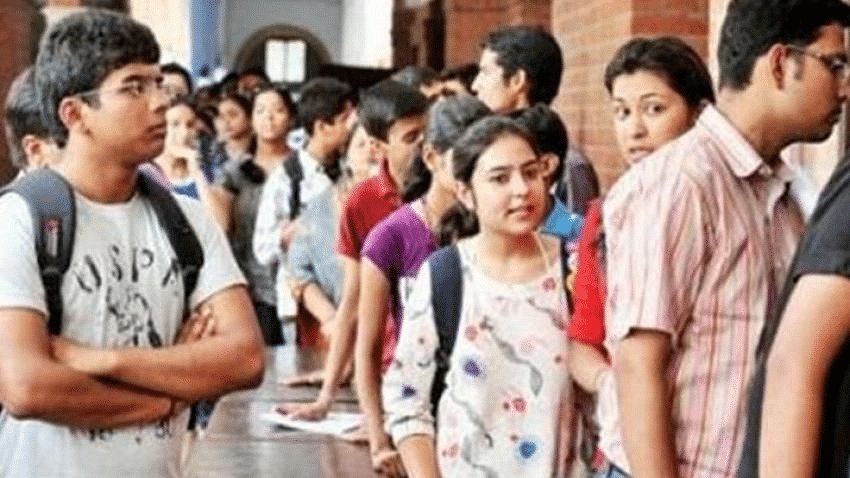
UPSC Civil Services Exam: Topic-Wise Summary For IAS Aspirants To Cover Economic Survey - Part III
In Part I and Part II of this series, we had given a summary of chapter 1 of Economic Survey 2019 for aspirants of various civil services aspirants. We will continue with chapter 2 today.
It is important to remember the following points highlighted by Economic Survey for achieving a 8 per cent rate of growth led by investments:
- Changing the economic model to a dynamic one, with virtuous or vicious cycle
- Measuring new concepts like job production and productivity by new firms vs old firms
- Going beyond “rational choice” model to incorporate behavioural insights or “nudges”
- Using micro-data for public good, to enable welfare-driven policy making
- Using technology to distribute social welfare effectively, thereby reducing inequality
- Both stocks and flows to be taken care of
In the chapter 2, the Survey discusses the third point above, that is, Policy for Homo Sapiens, Not Homo Economicus: Leveraging the Behavioural Economics of “Nudge”. The chapter says that insights from behavioural economics should be used to “nudge” people towards desirable behaviour. The survey says that many incentive and mandate based policies may be clubbed with a nudge effect to increase their efficacy.
Nudge policies are defined as those policies that gently steer people towards desirable behaviour even while preserving their liberty to choose. The chapter talks about taking following beneficial steps:
- In India, social and religious norms play a dominant role in influencing behaviour. Therefore, beneficial socio-religious practices can be promoted.
- Friends and neighbours should be used as role-models.
- People feel high inertia while making a choice and therefore more often than not end up sticking to the default option. Therefore, changing the defaults can bring out desirable behaviour without changing people’s choices
- Repeated reinforcements and reminders of successful past actions to help people stick to the good habit
The survey points out successful usages of “nudges” in BBBP and SBM. In SBM, following “nudges” led to an unprecedented success:
- Beyond risks of open defecation, the campaign strived to show it as something disgusting (“Darwaza Band”)
- It incorporated community-based approach, therefore, a desire to fit-in as well as not be shamed by fellow community members instilled desired behaviour
- Five lakh swachhagrhis, foot soldiers of the mission were recruited. There was a deliberate similarity with Satyagraha. These swachhagrahis were able to leverage their social ties and people were more likely to emulate someone they knew rather than do what a distant government told them.
In BBBP, #SelfieWithDaughter was praised by the survey. Started by one proud father in a village in Haryana, the #SelfieWithDaughter went viral and became a worldwide hit. It brought focus to people who celebrated the girl child. The chapter also hailed clear messaging of several other government programmes where the names themselves made the message clear. For example, Poshan Abhiyan, Namami Gange, Ayushman Bharat etc.
Next, the survey gives recommendations for applying the principles of behavioural economics. These principles are summarised in the following table:
The chapter applies the aforementioned principles in different contexts:
- Beti Bachao Beti Padhao (BBMP) to BADLAV (Beti Aapki Dhan Lakshmi Aur Vijay Lakshmi)
- From Swachh and Ayushman Bharat to Sundar Bharat
- “Give It Up” for LPG subsidy to “Think about the subsidy”
- Jan Dhan Yojana
- Tax evasion to tax compliance
India@75
Mahatma Gandhi’s “seven social sins” published in Young India in 1925 should be popularised. These are as follows:
- Politics without principle
- Wealth without work
- Pleasure without conscience
- Knowledge without character
- Commerce without morality
- Science without humanity
- Worship without sacrifice
This finishes the chapter 2 of the Economic Survey. We shall continue with chapter 3 in the next part.